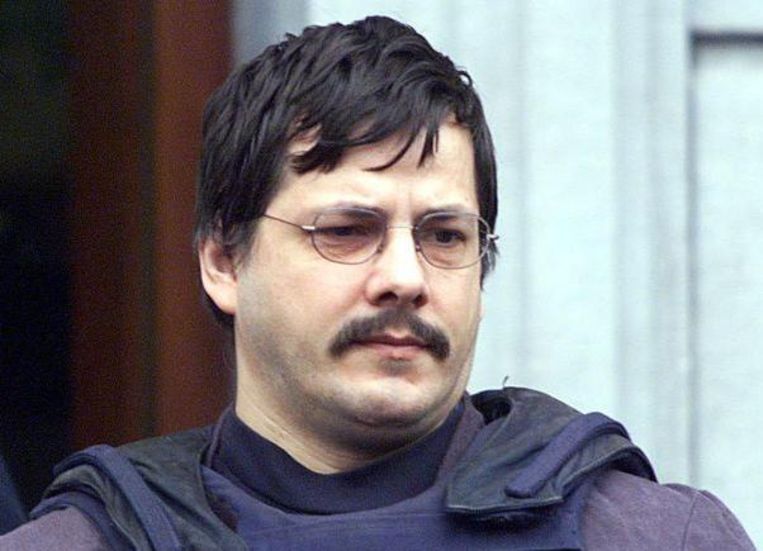The mental reevaluation required as a condition for a new request for parole for convicted paedophile Marc Dutroux has been delayed due to the coronavirus pandemic.
The report was originally expected for 11 May, after Brussels' criminal enforcement court (TAP/SURB) agreed to a request from his lawyers for an expert committee to reevaluate whether Dutroux still posed a danger to society.
The TAP said the report could be filed at a later date because the experts were not able to visit the infamous paedophile and child killer in the prison of Nivelles, due to a ban on prison visits imposed amid the coronavirus lockdown, De Standaard reports.
The experts appointed to scrutinise Dutroux's are charged with deciding whether he is still at risk of recidivism, and their report would constitute a step forward in plans by his legal team to submit a new request for his release with conditions.
Related News
- Man brought before court over Facebook threats against Michel Lelièvre
- 'Joker' risks jail for online threats against infamous paedophile Dutroux's accomplice
Now 63, Dutroux has was sentenced to life in prison in 2004 for the abduction and repeated rape and torture of six teenage girls whom he kept in his cellar, in a case which shocked Belgium and the international community in the 1990s.
Dutroux, who has been described as a psychopath by experts in his trial, killed two of his victims, while two others died of starvation in his cellar and the remaining two were rescued by police after his arrest.
He has been eligible for early release since 2013 and asked to be freed with an electronic bracelet that same year, but the request was struck down by a court who said there "no prospects" that he could reintegrate back into society at that time.
Dutroux's ex-wife, Michelle Martin, and his accomplice, Michel Lelièvre, were also convicted and jailed for assisting Dutroux but have since been released on parole.
In the 80s, both Martin and Dutroux had been jailed for theft and other crimes but they were released on good behaviour, after which they went on to kidnap their six teenage victims.
A decision to release Lelièvre last autumn sparked backlash from the public, leading to protests in Brussels as well as online harassment and a physical attack on Lelièvre, who was jumped on and beat up outside his home days after being released.
Gabriela Galindo
The Brussels Times

